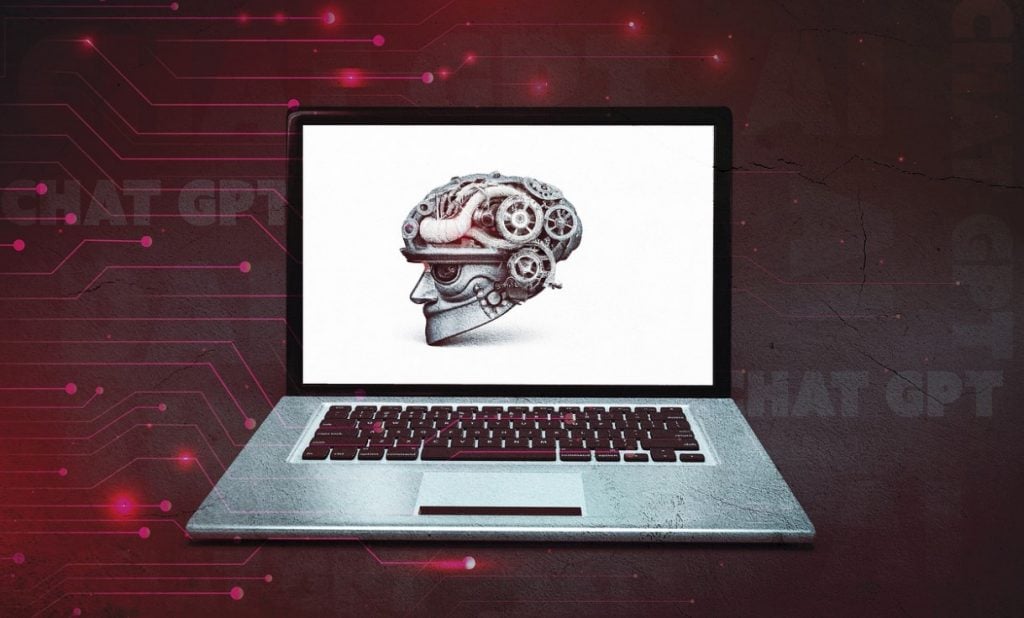China recently launched an AI chatbot called MOSS for public testing. MOSS which is floated as a potential rival to the US-made ChatGPT is now open for public testing on the mainland.
MOSS is developed by the Natural Language Processing Lab at Fudan University. Fudan based in Shanghai is a member of the prestigious C9 league (a group of 9 universities selected by the Chinese government for the progress and development of higher education) and a double first-class university identified by the ministry of education.
MOSS is a conversational chatbot or language model similar to ChatGPT that can perform various functions like giving answers, generating dialogues, writing codes, and more. Though the Chinese chatbot is not as smart or advanced as ChatGPT, it can still perform language-based tasks.

Dr. Xipeng Qiu, a Computer Science Professor from Fudan University, said that MOSS can be considered a low-end version of ChatGPT. They are both proficient at language-based multitasking, but the number of parameters of MOSS is significantly less, which is around one order of magnitude less than ChatGPT.
He further added that “Although there is lots of room for improvement, the advent of MOSS proves that Chinese research teams have the ability to overcome technical challenges in developing ChatGPT-like products,”
Unlike the name ChatGPT which is an abbreviation for Chat Generative Pre-trained Transformer, MOSS is not a short form for any terminology. The name MOSS is most likely inspired by the Chinese Sci-fi movie Wandering Earth series, in which a super-intelligent quantum computer is called MOSS.
MOSS First Public Testing
Fudan University opened MOSS for public testing via this link. Many users have been invited to test out the app by using a special invitation code. If a user does not have an invitation code, he can choose to be on the waiting list by submitting his or her phone number.
On February 20, the MOSS server crashed, and the app significantly slowed down due to an incredibly high number of visitors. Apparently, the Fusan team was not prepared for the overwhelming response and interest shown to the indigenous Chatbot.
MOSS Vs ChatGPT
The basic steps involved in developing both ChatGPT and MOSS are similar. Both systems are trained in natural language processing and understanding human intention. However, the training methodology differs in both cases.
To train ChatGPT in natural language processing, the developers at OpenAI, first compiled a database of thousands of questions and queries which were then sent to experts from all walks of life. These experts and data annotators then send replies to the questions which are used by the chatbot to understand various human prompts. However, the team at Fudan university used a more direct approach by allowing MOSS to communicate and interact with humans and other AI models from day one. These interactions formed a strong database for the Chatbot, which then progressed quickly with an increased rate of learning. The direct interaction method, helped MOSS to complete its natural language training in a significantly smaller amount of time than ChatGPT.
MOSS which is considered one of the best bets against ChatGPT in China, has a major language weakness though. The Chatbot is designed to primarily communicate in English and not Chinese. MOSS has a database of more than 300 billion English words but knows only 30 billion Chinese words. This is a major disadvantage for the Chinese app, which hopes to capture the market in the local language.
The developers at Fudan Language Lab are now working on improving the chatbot’s Chinese language proficiency and ability to follow instructions. The MOSS project recently received the backing of the Shanghai Artificial Intelligence Lab.
- Baidu’s First EV to Feature Advanced ChatGPT-Style Conversational AI Technology
- Tesla EVs May use ChatGPT in Future says Analyst
- Microsoft Bing’s ChatGPT Goes Rogue: Hilarious or Disturbing?
(via)






